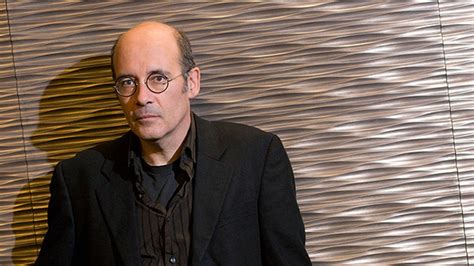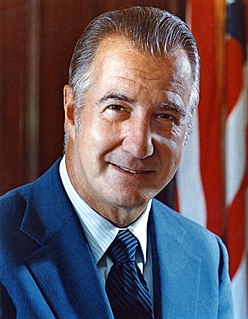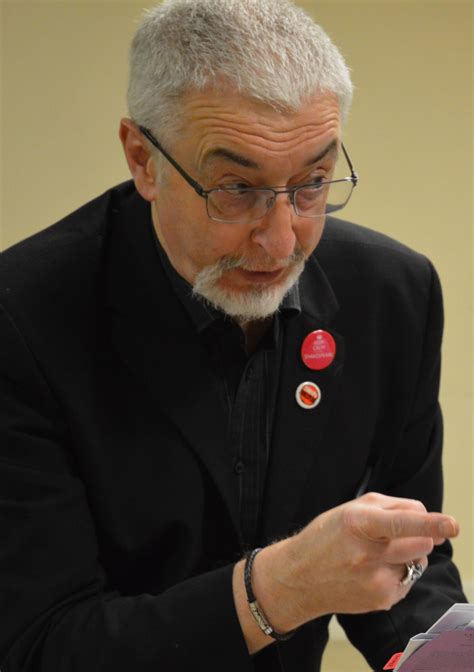A Quote by Luc Sante
Call yourself "Colonel" and declare that your fortune was left to you by Dutch burghers from the seventeenth century. Now you're a solid citizen, the embodiment of hard work and rugged individualism. You're no criminal. The criminal is the guy who comes up short, who gets caught, who fails to adopt a respectable cover.
Related Quotes
In existing criminology there are concepts: a criminal man, a criminal profession, a criminal society, a criminal sect, and a criminal tribe, but there is no concept of a criminal state, or a criminal government, or criminal legislation. Consequently what is often regarded as "political" activity is in fact a criminal activity.
This is the criminal left that belongs not in a dormitory, but in a penitentiary. The criminal left is not a problem to be solved by the Department of Philosophy or the Department of English - it is a problem for the Department of Justice. Black or white, the criminal left is interested in power. It is not interested in promoting the renewal and reforms that make democracy work; it is interested in promoting those collisions and conflict that tear democracy apart.
Killing a bunch of people in Sudan and Yemen and Pakistan, it's like, "Who cares - we don't know them." But the current discussion is framed as "When can the President kill an American citizen?" Now in my mind, killing a non-American citizen without due process is just as criminal as killing an American citizen without due process - but whatever gets us to the table to discuss this thing, we're going to take it.
Our government is the potent, the omnipresent teacher. For good or for ill it teaches the whole people by example. Crime is contagious. If the government becomes a lawbreaker, it breeds contempt for law; it invites every man to become a law unto himself; it invites anarchy. To declare that in the administration of the criminal law the end justifies the means - to declare that the Government may commit crimes in order to secure the conviction of a private criminal - would bring terrible retributions.
A criminal has a kind of freedom by definition that the ordinary citizen doesn't have. The criminal's able to realize himself in ways not available to the general population, if you want to put it that way. They're interesting and unpredictable. Characters always have to break some sort of bound or other to be interesting. It also helps if they're paradoxical.
The reality is that most celebrity defendants are extremely unknowledgeable, naive and vulnerable, and if they get into trouble they usually call their lawyer friends who handle criminal cases. And if they do not know any, they call their business lawyers, who then refer them to lawyer friends of theirs who handle criminal cases. It's very incestuous.





































